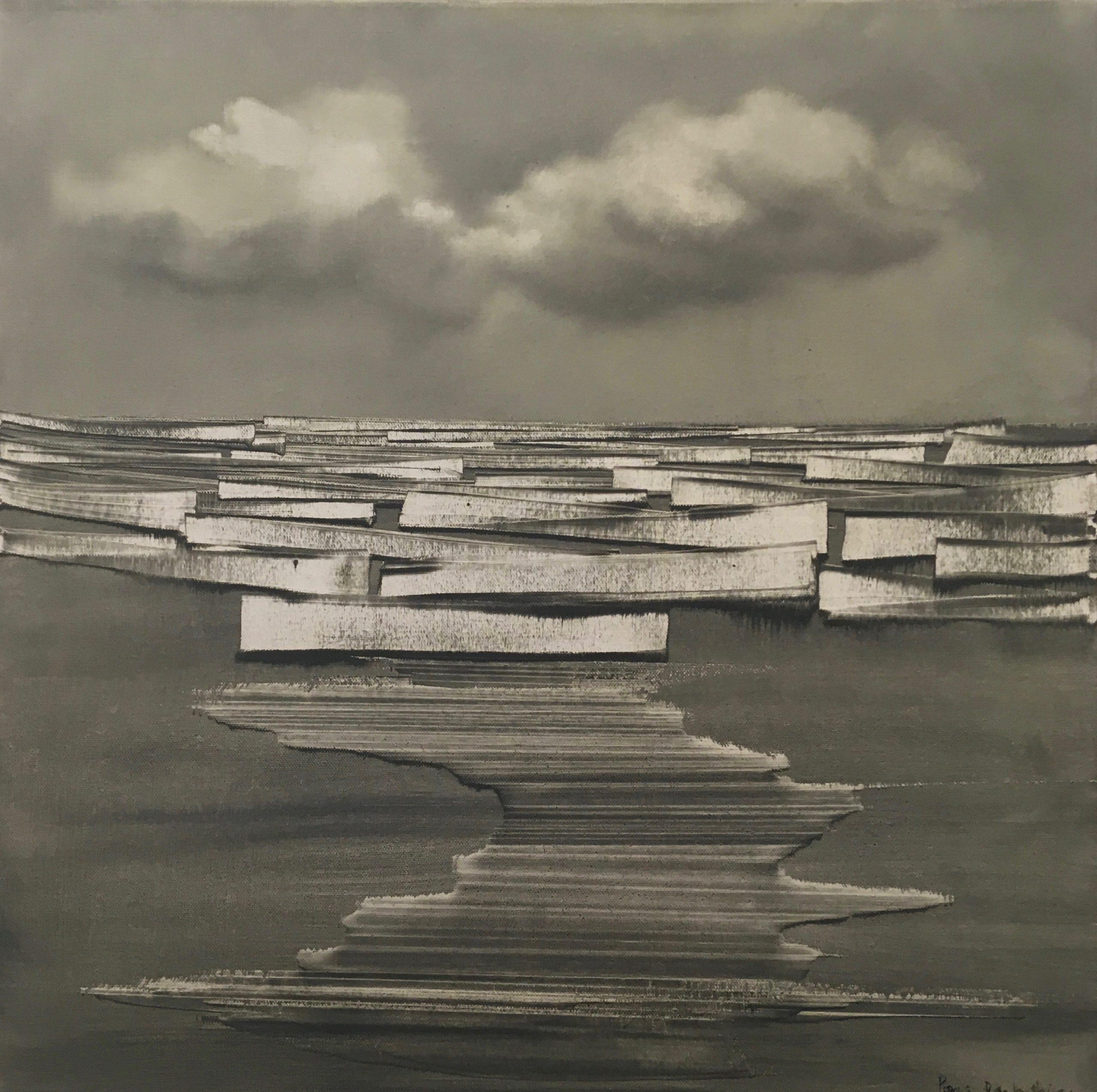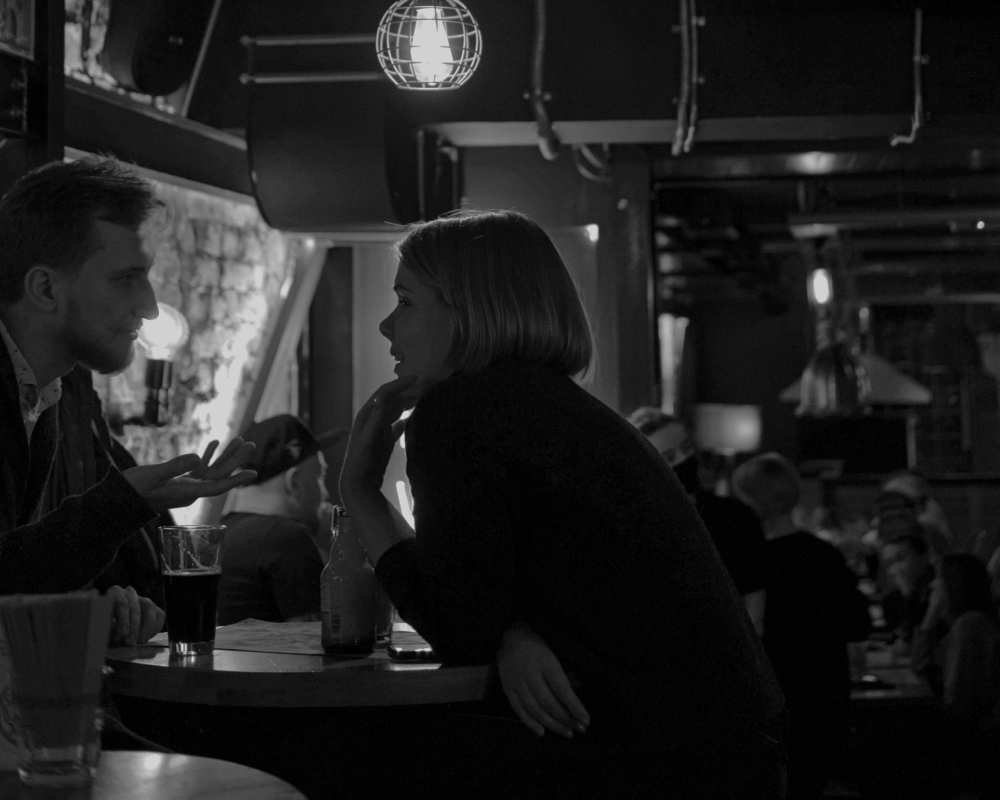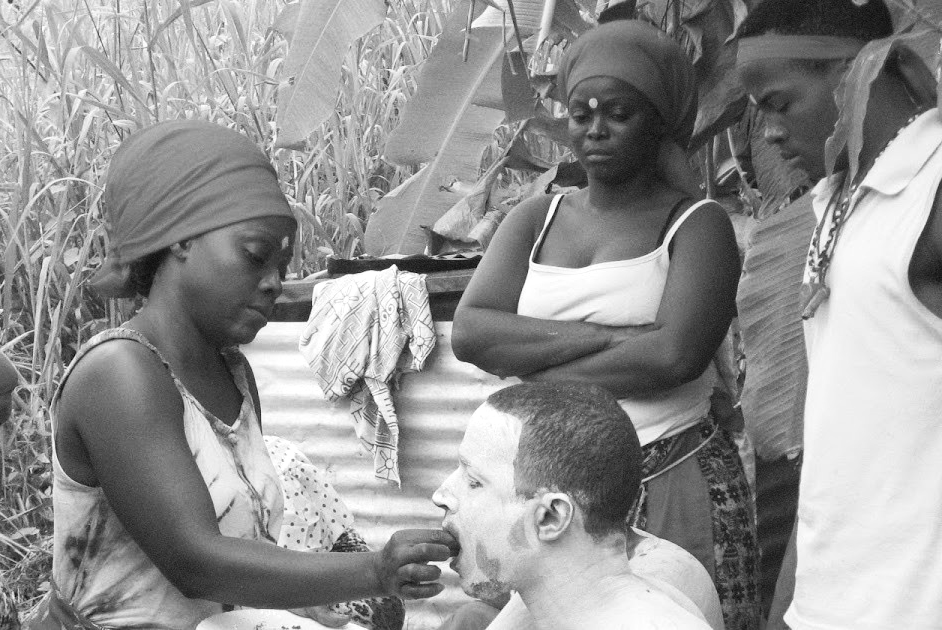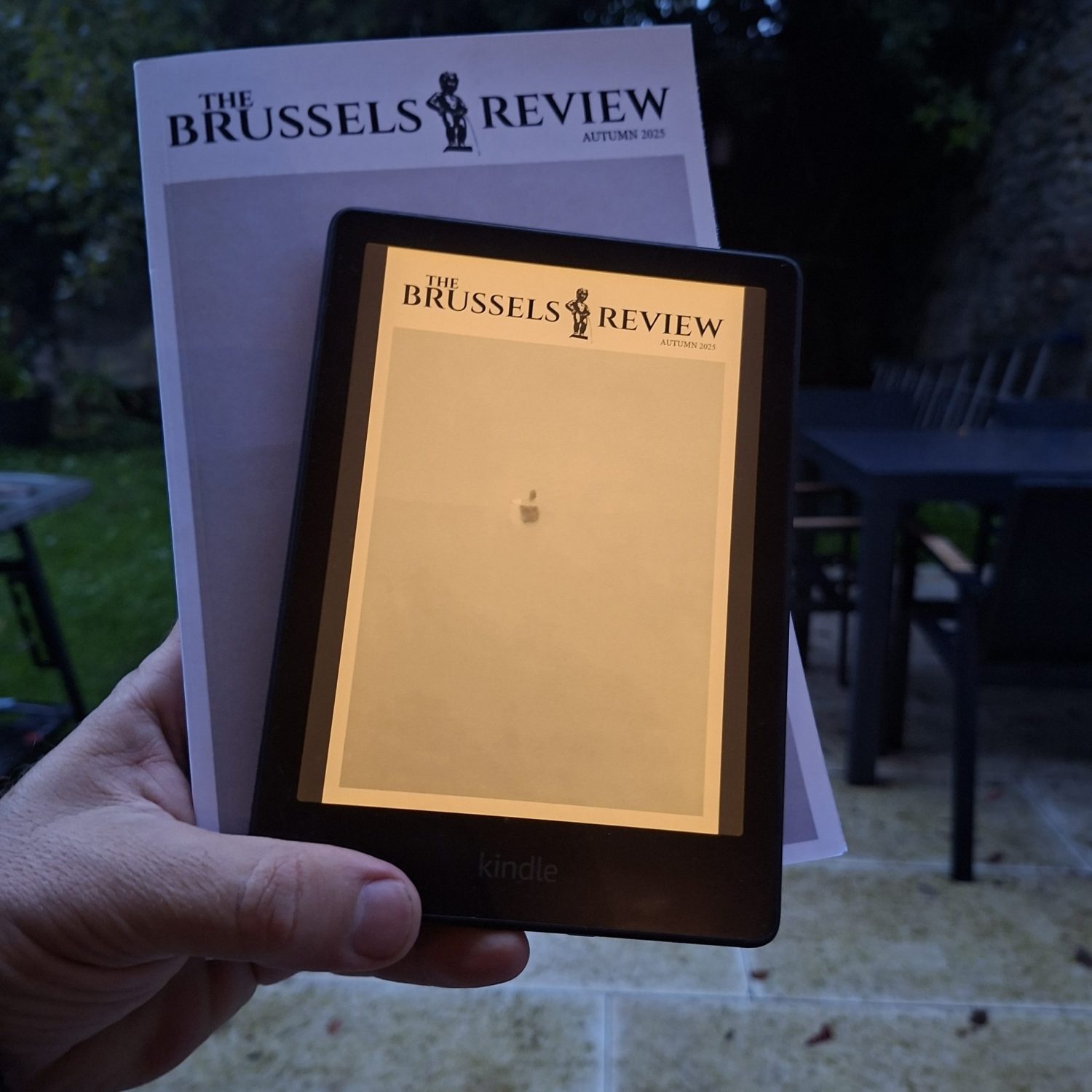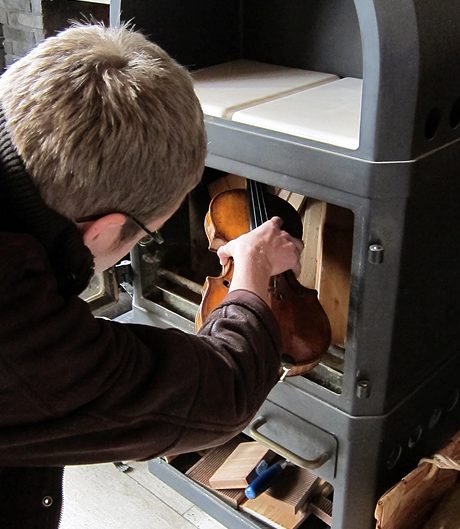One foggy morning on a cross-country trip, my mother missed a stop sign, crossed four busy lanes of divided highway, went airborne, and smashed her car into a ditch near Omaha, Nebraska. She and my father both suffered fractured vertebrae in their lower backs—a disastrous occurrence by any measure—but it could have been much worse.
When you are in the initial seconds of experiencing such a potentially lethal event, a shot of adrenaline and a blast of neurotransmitters perform their alchemy, instantly rewiring your brain. Survivors of accidents and near-death experiences often report a startling and ephemeral ability to perceive things more fully while time slows down.
Similar feelings may be experienced by those not involved in the incident but affected by it.
I fly to Omaha and spend the next several days with my parents in the hospital. Dad is in pain but recovering and should heal after several months in a chest brace. Mom’s spine, however, has shattered in five places and needs fusion surgery.
Dr. Vikram Prabhu, the neurosurgeon, wants to access her vertebrae frontally, through the upper abdomen. After a vascular surgeon exposes the spine, Dr. Prabhu will replace the broken vertebrae with a titanium cage stuffed with cadaver bone, eliminating the steel support rods necessary in a posterior approach through her back.
The doctor is low-key, direct, and factual—obviously very bright. His bedside manner is warm and genuine. I like him. But he concerns me.
Dr. Prabhu has practiced at the University of Omaha Medical Center for only 18 months. I ask him how many of the surgeries he is proposing for my mother he has performed, and he answers, “At least eight.” His answer alarms me, since I have witnessed hundreds of surgeries in a long career in healthcare. When it comes to surgeons, personality is welcome, but it’s optional. It’s all in the hands. The hands, and the accumulated wisdom of technical triumphs, bloody mistakes, and the confidence of having done it 100 times before. Not eight.
Noting my expression after a remark intended to instill confidence, he asserts his comfort with this surgery and says that each one adds to his accumulated store of experience. This only increases my concern. As a young surgeon, there is simply no other way to acquire skill than to perform more surgery. I just don’t want my mother to be a data point on the steepest incline of his learning curve.
I look directly into Dr. Prabhu’s eyes and hold them for a long moment. He seems to understand I need more convincing, because he offers to take me down to radiology—a good sign. I don’t tell him that I used to run a medical imaging center with a full array of equipment and radiologists.
He pulls up her images: MRI, CAT, X-ray, and ultrasound. The MRI clearly shows a fragment of displaced bone pushing against her spinal cord, causing a slight dent in its path through the middle of her spinal column.
The potential for paralysis scares the hell out of me. I think about the nonchalance and the level of training of the aides who lift her onto the gurney each day for yet another test as she moans in pain.
Dr. Prabhu calls over a radiologist to confer, and they consider several courses of action. It’s disconcerting to discuss these stark black-and-white images of the woman who gave me birth. The most crucial elements of the images, like their decisions, are not black or white. They’re gray—a shade between the certainty of white’s brightness and black’s darkness. In medicine, certainty is an illusion.
I search online for information on Dr. Prabhu but find little—not surprising, considering his age and experience. Several academic papers. A specialty in spinal tumors. This surgery does not involve a tumor. Degree from the University of Bangalore. I have no idea what a medical education in Bangalore, India, entails. I have spent my entire career in American healthcare. I would know what it meant if it were Hopkins or Harvard.
On the Medical Center’s listing of neurosurgeons, I find a Dr. Stephen Doran, a specialist in spinal reconstruction and instrumentation who’s been in practice 20 years. Degree from Northwestern, Chief Resident at the University of Michigan—my alma mater. I’ll call his office, tell him the situation, see what happens. Maybe he’ll offer to take the case or tell me Prabhu is an extraordinary surgeon. Nothing to lose.
Dr. Doran is in surgery, but his assistant says he’s in private practice and does not have operating privileges at the Medical Center. Mom shouldn’t be moved, so this option dead-ends.
Surgical scrub nurses understand the skill of surgeons better than anyone. I ask one of the attending nurses if she knows any neurosurgical scrub nurses. She doesn’t, but says she’ll ask around and get back to me. Two days later, I haven’t heard from her.
I call the neurosurgical floor and ask to speak with the head surgical nurse. I’m told she’s in surgery and to call back in an hour. When I call her, I’ll ask if she had to choose any surgeon to do this surgery on her own mother, who would it be? If she doesn’t answer with our surgeon’s name, I will ask if Dr. Prabhu would make the short list. Her answer will likely be couched in nonjudgmental professionalism, but I’ll listen for any hesitation. The longer the hesitation, the bigger the pit in my stomach.
I phone a friend at Mutual of Omaha Insurance, but she doesn’t know any people in the neurosurgery department, and Dr. Prabhu isn’t a contracted provider with them. She tells me that the reputation of the medical center is excellent, however. I want to ask her for any medical malpractice or utilization review information she can find on the doctor, but I don’t. In a litigious society, the existence of lawsuits involving your physician is not necessarily a red flag, especially in a subspecialty with risks as high as neurosurgery. This is difficult stuff to uncover—and even more difficult to interpret fairly.
Dr. Prabhu enters the room and tells us he wants to delay the surgery for a couple of days, which makes me happy. At age 75, all her systems need to be stable prior to surgery. He also says he now wants to do a posterior approach, a potentially less risky alternative. It wouldn’t allow access to the bone fragment pressing against her spinal cord, but she shows no symptoms related to that. Depending on the results of the surgery, he might ultimately need to do the other approach later.
I decide to do nothing more. It’s not clear what combination of availability, specific expertise, need to educate, and other factors resulted in Dr. Prabhu being the assigned surgeon. My efforts to reduce risk have produced nothing meaningful to act upon. I can’t evaluate the medical choices the surgeon must make. Mom’s life is in Dr. Prabhu’s hands.
Two days later, the procedure goes well—shorter than expected, with a good prognosis for recovery. Dr. Prabhu surprises my mom with a kiss on the forehead on his follow-up visit.
I imagine this man operating every day on people who would not even think to question his fitness to open their bodies. I think about the surgeries he performed before my mother’s, grateful for the experience he gained to help him with hers. And I hope her three hours under the harsh operating lights added luster to the pearls of skill necessary to make Dr. Prabhu an even more effective surgeon.
Much like my parents in the agonizingly long moments just before their auto crashed into a Nebraska cornfield, this experience slowed things down for me and illuminated some hard truths ahead. I saw my parents’ mortality exposed, and by extension, my own. Seeing my mother flat on her back, ashen and miserable with pain, I experienced a grief akin to losing her.
I resolve to call my parents more often. The time never gets more convenient to tell those you love you’re thinking of them.
And I resolve as well to have a little more faith—an element as essential as oxygen—compliments of a young Indian doctor who put the broken pieces of my mother back together again.




